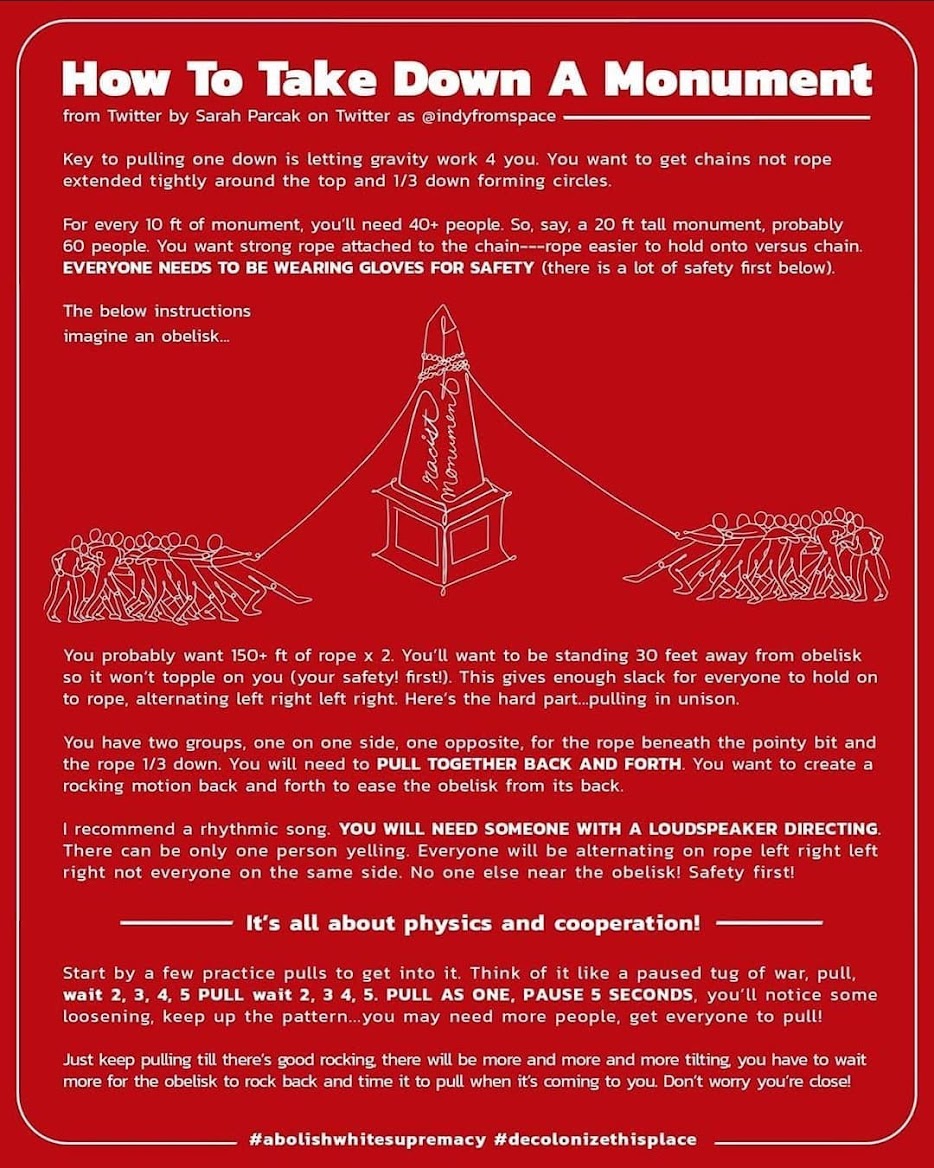#CHUCKCHUCK #DARTHryan #DarkSideRyan #FireChuckRyan"
#DELIBERATEindifferenceKILLS
---------------------from the AZ Republic-----------
Judge approves Arizona inmate health-care settlement
Craig Harris, The Republic | azcentral.com
9:55 a.m. MST February 19, 2015
A federal judge on Wednesday approved a settlement that will provide improved health-care coverage for about 34,000 Arizona inmates in state-run facilities at a cost to taxpayers of at least $8 million a year.
The American Civil Liberties Union, the ACLU of Arizona and the Prison Law Office, a prisoner-advocacy group, reached a settlement with the Arizona Department of Corrections last October, days before a trial was to start.
The lawsuit, filed on behalf of state-prison inmates, alleged that Arizona's inmate health-care system was so flawed that it caused deaths and preventable injuries. It also accused the state of keeping inmates in solitary confinement for long periods of time.
The state denied the allegations, and admitted no wrongdoing in agreeing to the settlement.
"This is a small glimpse of justice," said Patti Jones, whose nephew, Tony Lester, killed himself in a state prison. "I think this is a just settlement."
Jones was one of seven people to address U.S. Magistrate Judge David K. Duncan, who approved the settlement. Duncan also authorized $4.9 million in fees for the attorneys who represented the inmates.
The fees must be paid by the state. Duncan noted the amount for plaintiffs' attorneys nearly mirrored the amount the state spent in legal bills defending itself, bringing the state's total legal tab to about $10 million.
Gov. Doug Ducey is asking lawmakers for $8 million in his proposed budget for the coming fiscal year so the state's contracted inmate health-care provider, Corizon Health, can hire 91 additional health-care workers to comply with the settlement requirements.
The settlement requires DOC to:
• Meet more than 100 health-care performance measures, covering issues such as monitoring prisoners with diabetes, hypertension and other chronic conditions.
• Offer all inmates annual influenza vaccinations. Those with chronic diseases will be offered required immunizations.
• Offer inmates aged 50 to 75 annual colorectal cancer screening.
• Offer female inmates aged 50 and older mammogram screenings.
• Provide no less than 6 hours per week of out-of-cell exercise time for maximum-custody inmates.
• Provide maximum-custody inmates with serious mental illness an additional 10 hours of unstructured out-of-cell time per week.
• Only use pepper spray or other chemical agents during an imminent threat.
The settlement also allows attorneys for inmates and their experts to conduct up to 20 daily tours of state prison complexes annually to make sure the agreement is being enforced.
Donna Hamm, executive director of Middle Ground Prison Reform, said she liked the settlement but is unhappy that the state will have up to two weeks' advance notice prior to a tour.
"Some of the visits should be spontaneous and not announced," said Hamm, an outspoken critic of the Arizona prison system. "But overall, this is an improvement."
Daniel Struck, a private attorney representing the state, said DOC already has started to implement changes called for in the settlement.
David Fathi, director of the ACLU National Prison Project, called the settlement "real improvement" in the care of inmates.
The settlement does not apply to the roughly 7,000 inmates in six private prisons across Arizona.
ON THE BEAT
Craig Harris covers the Arizona Department of Corrections and other state and federal agencies, with an emphasis on government accountability and public money.
How to reach him
craig.harris@arizonarepublic.com
Phone: 602-444-8478
Twitter: @charrisazrep









